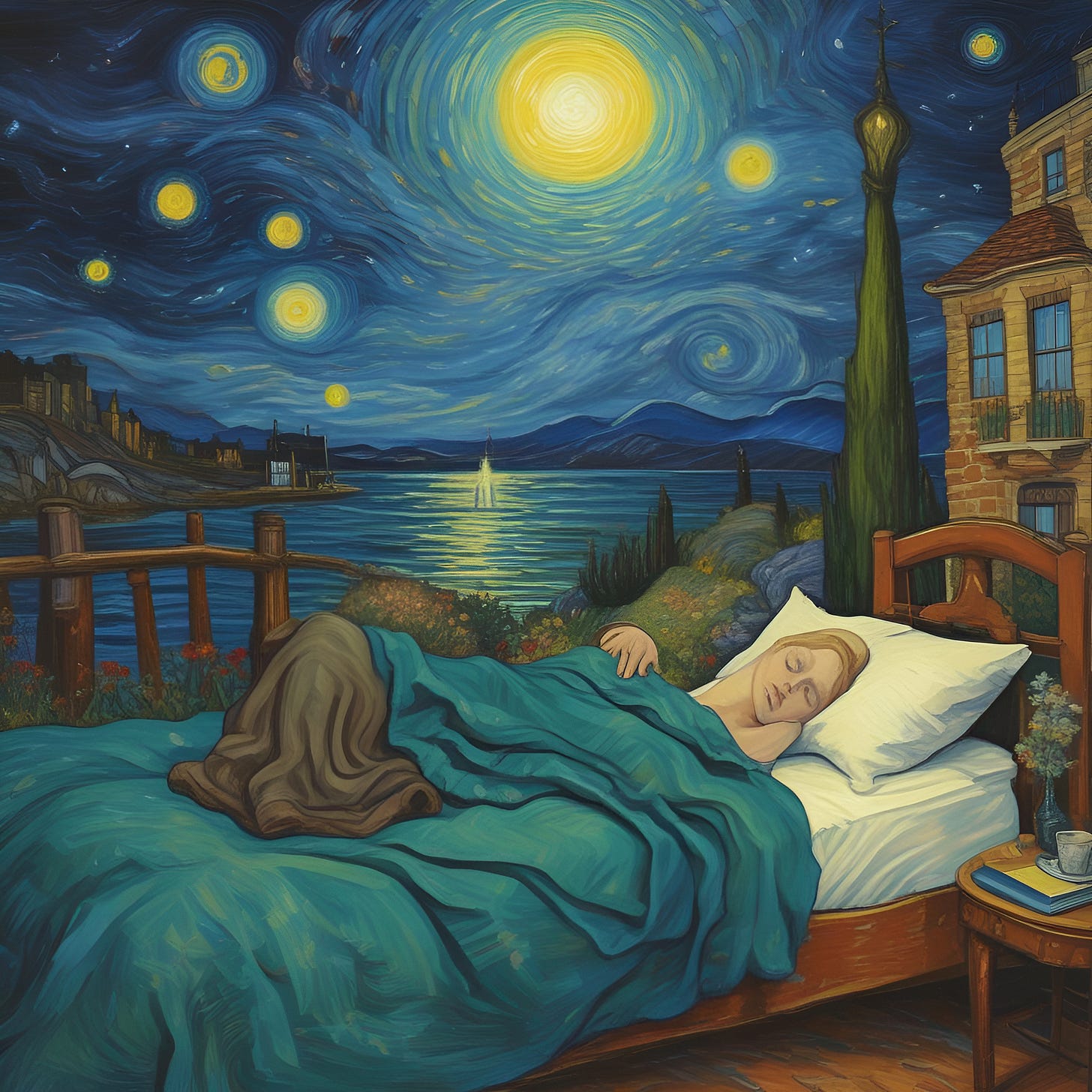Time to change the stigma of insomnia
Campaigning to change the conversation, language and stigma associated with insomnia to facilitate better discussions, and allow people to seek the help they need.
Those who have suffered from insomnia have likely faced the stigma surrounding it. People give you questioning looks or ask about your mental health and daily stressors. Some may even brag about their own perfect sleep habits, leaving those with insomnia feeling inadequate.
My father used to attribute my sleep struggles to a "guilty conscience," but that ignores the fact that I grew up in a controlling and conservative religion that could be classified as a cult.
The lack of understanding and judgment surrounding insomnia can be suffocating, making people afraid to talk about their sleep issues and seek help. Sometimes, all we need is someone to listen without judgment or shame. This is why I created insomniachat.com, initially as a social network but later changed to a private Facebook group for people to find support and understanding. But outside of this safe space, where can we speak freely about insomnia? And how do we change the conversation to one of openness and acceptance?
As someone who has dealt with insomnia and had countless conversations about it, I am not an expert but I am passionate about changing the narrative around this disorder. In addition to examining the industry surrounding insomnia and its predatory nature, I want to start a discussion on how we can shift society's perception of insomnia and reduce the stigma attached to it.
As an individual who works in data-driven, direct, and digital marketing and communications with a specialization in behavioral change, I hope to use conversations and campaigning to advocate for a more accepting attitude toward those with insomnia.
Unfortunately, I have been warned by family members not to disclose my struggles with insomnia at work, as it could be seen as a weakness or mental health issue that could harm my career. But censoring ourselves only perpetuates the stigma; insomnia is both a physical and mental issue that needs open dialogue and understanding from those closest to us.
Finally, if you need support and would like a place to talk to other insomniacs, please check out my insomnia chat Facebook group. At the time of writing, it has over two thousand members and growing. People post within the group or use the chats provided to share their experiences and give each other support.
You can find it here: Insomnia Chat Facebook Group
Join our free anti-social network being launched soon here insomniachat.com




